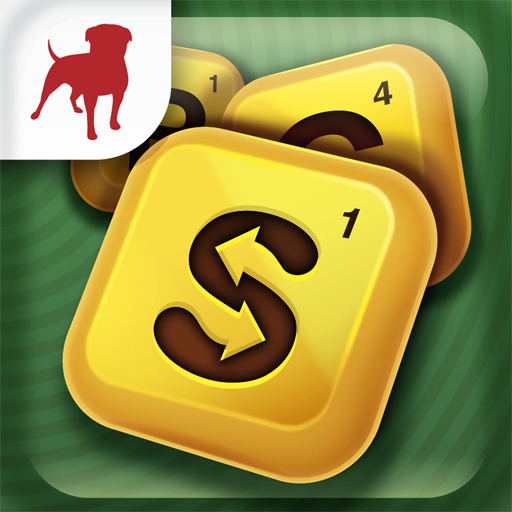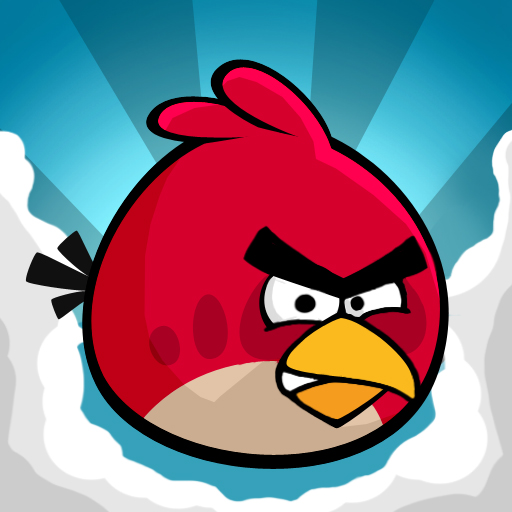I've been holding my tongue on the issue of the in-app purchase (IAP) for ages, waiting for some particularly fine time to address the controversy. With
yesterday's launch of
Angry Birds Space, it's clear that Rovio's newest title is as appropriate a lightning rod as any. If you thought
Scramble With Friends was bad, these irritated astro-Aves will probably peck you blind. You know, with
rage.
Just to be clear, I'm
not an Angry Birds fan. I've played each iteration and appreciate their attention to detail, but I've never really enjoyed the pacing and structure of the series so far. I think the new game's probably my favorite of the bunch, but that's not saying much. I'd rather play
Crush the Castle.
So, my support -- yes, my
support! -- for IAPs shouldn't be taken as some kind of specific app or developer defense. I simply believe the IAP is a viable and necessary business model for where the mobile market is right now. I understand the outrage it seems to cause, but I sure don't agree with it. To explain why, I'll dissect the various types of IAPs common to the iDevice app experience.
IAPs For In-Game Currencies
The concept of attaching real monetary value to digital, virtual currency is
neither new nor novel, yet it seems to have been the primary catalyst pushing this current financial trend (read "permanent mainstay") into the critical limelight. The model may not represent the exact origin of the App Store practice, but it's certainly the most commonly-used way to extract ongoing developer-end returns from any given title.
Traditionally, apps that utilize these kinds of IAPs (think coins, ability upgrades, armor enhancements, etc.) are free to download and play -- You only need to spend actual money if you wish to advance through the game more quickly. Alternatively, if you're the honorable type of casual gamer and enjoy a particular free title, you can use the mechanism to toss the game's developer a well-earned buck or two. That's just what I did for both Temple Run and Forever Drive, and it's what I do every single time a freebie makes it past a couple of days on my Home screen.
Asking customers to pay for upgrades is neither greedy nor disreputable, provided the app is free to play or you can complete the core game without shelling out anything extra. Of the latter, I can think of no better example than Infinity Blade II. (Of course, you can never
technically finish that one...)
IAPs To Unlock New Levels
This type of IAP is a little more tricky to "sell" and is probably they number-one offender in the minds of mobile gamers everywhere. Take a look at the slew of one-star ratings for
Angry Birds Space and
Angry Birds Space HD. The gameplay, by all accounts, is par for the course (or even a few strokes under, what with the added gravitational effects and all), yet so many folks are complaining. Mostly, they're furious about Rovio's addition of a 30-level "Danger Zone" IAP ($0.99), feeling nickel-and-dimed for content they "already paid for."
Never mind Rovio's track record of nigh-infinite updates featuring new, free levels. Heck, the original version has 318 levels and counting! Rovio isn't shortchanging anyone with their latest IAP model. Would anyone be upset if all they got with Angry Birds Space was its basic 60 levels and nothing more? Would having "only" 60 levels -- and the promise of more to come in free future updates -- be a ripoff at $0.99? And what if Rovio let everyone have the hardcore Danger Zone world as part of a complete $1.99 package? After all, that's really all the IAP makes this: a robust, polished, well-supported video game for just under two dollars. Ignore it, and you get a robust, polished, well-supported video game for just under
one dollar. What's the problem? (Note: The iPad version is $2.99 with a $0.99 IAP, so adjust accordingly.)
IAPs To Remove Ads
When it comes to games, this is probably the second-most common kind of big-name IAP after the above virtual currency model. When it comes to utility apps, though, it's hands-down the most widely used. The practice is straightforward and inoffensive, mostly serving as a workaround for the App Store's lack of a "free preview" system. Want to try out Draw Something or Shazam? Download the free version and deal with its ads. If you decide to keep the app, just pay the price of admission and kick those ads to the curb!
But even if Apple
finally allows free previews, ad-based apps won't be going anywhere any time soon. For many users, it takes a long time to decide if a given app is right for the them; a preview could expire well before they reach that important conclusion. Other users simply avoid paid apps in general and need a bit of encouragement. One way or another, developers have to be paid for their efforts. Otherwise, there won't be any developers left to pay.
IAPs To Unlock Utility Features
Instead of using ads to "annoy" users into buying paid apps, some utility developers will offer a useful but severely limited version of their software for free. This way, they effectively give you an idea of all the great things their app can do while locking out its full functionality. Autodesk used this model to convince me to upgrade from Sketchbook Express to Sketchbook Pro, and I got tired of King Camera's watermarks, so I paid to get rid of them.
As with this mode's gaming counterpart, these types of IAPs aren't limited to free utilities. Some paid apps also employ the "feature unlock" strategy, but the cost is usually justified by the initial app's reasonably inexpensive purchase price. Piotr Bialkowski sold me extra camera packs for Oldbooth because I wanted more awesome models to retro-fy my friends. And on several occasions, I added new HipstaPaks to my heavily-used Hipstamatic app.
IAPs For Subscription Services
Subscriptions are the least vilified kinds of IAPs out there. For big, commercial magazines, it's a no-brainer: They've always required subscriptions, and they probably always will. Nobody expects to get new issues of Popular Science for free; if you want the Glamour, you've got to pay for it.
Some utilities -- particularly service-based apps -- also require subscriptions. LogMeIn is a great remote desktop client, but to really take advantage of it, you'll need to pony up $39.99 per year. Pretty standard.
IAPs To Unlock Multi-User Licenses
As the last remaining (and least common) kind of App Store IAP, multi-user licensing is typically reserved for professionally-specific, workplace-ready utilities. More often than not, these tie into expensive Mac or PC software systems, and no general user is likely to have a need for them. I've rarely seen such an app, and I've never heard of one causing an IAP complaint.
Keeping Up Appearances
In most cases, IAPs represent nothing more than an easy way to upgrade from a free, limited app to a paid, unlimited one. Still, the strategy
does require a certain level of tact and responsibility from developers in order to make sure the public doesn't lose sight of the actual product on offer.
Zynga learned this the hard way, upping the rate of earned tokens in its paid version of Scramble With Friends, and Rovio should probably segregate its Angry Birds expansion levels a little more clearly next time around. No developer needs to pull a Dark Meadow (praised as Phosphor Games is
for its decision). Rather, they should strive to better explain
why a given IAP should be an IAP at all. In Rovio's case, it's because the so-called Danger Zone is too difficult for most users to appreciate, and there was no reason to increase the price of Angry Birds Space to include a world that most people were never going to visit. It's a win-win scenario, and you don't even need to squint to see it. Of course, you
do need to open your eyes, and it's every developer's duty to make sure everyone does.
Potential For Abuse
Still, I can't blame anyone for keeping their eyes closed. After all, there's a reason IAPs get such a bad rap: unethical developers.
Remember Smurfs' Village and all the smurfing fallout over those expensive smurfing Smurfberries? The app was intentionally designed to coax young children into unwittingly spending hundreds of dollars on sneakily-promoted IAPs.
Parents cried foul, the mainstream media had a field day, the FTC
launched an investigation, and Apple --
sued over the outrage --
admonished Smurfs publisher Capcom Interactive before
changing its IAP policies outright. Nobody's forgotten the incident, and it's drastically muddied the general view of IAPs ever since.
But things are different now, and -- if you're able to get past the "audacity" of the IAP -- you'll enjoy your iDevice a whole lot more. Remember, the App Store is big business, and it's not easy for
anyone to make money selling apps. Support the brands and titles you like, and don't expect something for nothing.
IAPs or not, most good apps are a pretty good deal.


















